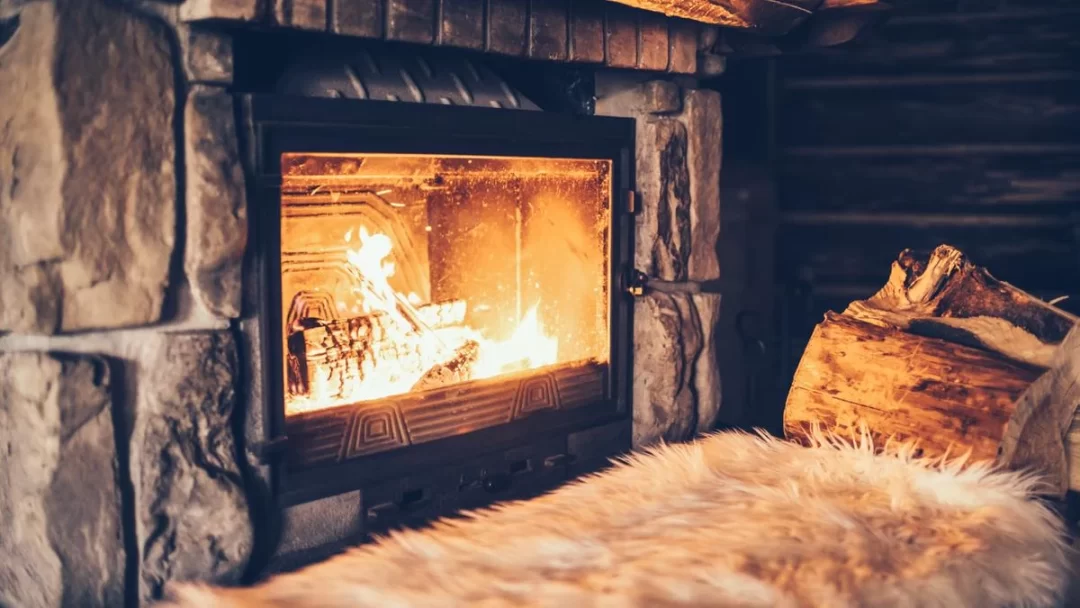Is Natural Gas a Good Way to Heat a House?
Is natural gas a good way to heat a house? Explore the pros and cons of using natural gas as a heating source and provide valuable insights to help you make an informed decision for your home heating needs.

Is Natural Gas a Good Way to Heat a House?
Natural gas has been a popular choice for heating homes for several decades. Let’s explore the various aspects of using natural gas as a heating source:
1. Affordability and Cost-Effectiveness
Natural gas is often considered a cost-effective option for heating a house. It tends to be more affordable compared to electricity or oil heating.
Additionally, natural gas prices are relatively stable, making it easier for homeowners to budget their heating expenses.
2. Efficiency and Performance
Natural gas heating systems are known for their high efficiency and performance.
Modern gas furnaces and boilers are designed to deliver consistent warmth while ensuring optimal energy usage. This can result in lower energy bills and a reduced carbon footprint.
3. Convenience and Reliability
Using natural gas for heating offers unparalleled convenience. Unlike other heating methods that may require storage or regular refilling, natural gas is supplied through a dedicated pipeline, eliminating the need for on-site storage.
It also provides reliable heating, as gas supply is rarely affected by external factors like weather conditions.
4. Environmentally Friendly Option
Natural gas is considered a relatively cleaner burning fossil fuel compared to coal or oil. When burned, it produces lower carbon dioxide emissions, contributing to reduced greenhouse gas emissions.
Opting for natural gas heating can be a step towards a more environmentally friendly home.
5. Versatility
Natural gas can be used for various heating applications, such as central heating systems, water heaters, and even outdoor heating.
Its versatility allows homeowners to customize their heating solutions based on their specific needs.
6. Safety Considerations
While natural gas is generally considered safe for heating, it is essential to prioritize safety measures.
Proper installation and maintenance of gas appliances and heating systems are crucial to prevent potential risks associated with gas leaks or malfunctions.
7. Availability and Access

The availability of natural gas may vary depending on the location of your home. In urban areas, natural gas supply networks are well-established, providing easy access to this heating source.
However, in rural or remote regions, accessing natural gas may not be as straightforward.
8. Initial Installation Costs
One of the considerations when choosing natural gas heating is the initial installation cost.
While natural gas systems can be cost-effective in the long run, the upfront investment for purchasing and installing gas furnaces or boilers may be higher compared to other heating options.
9. Dependency on Gas Supply
Using natural gas for heating means relying on a continuous supply of gas through the pipeline. In case of gas supply disruptions due to maintenance or other factors, there could be temporary interruptions in your home heating.
10. Carbon Footprint
Although natural gas is relatively cleaner than other fossil fuels, it still contributes to carbon emissions when burned.
For environmentally-conscious homeowners, exploring renewable heating options might be a better choice to further reduce their carbon footprint.
Conclusion
In conclusion, natural gas can be a good way to heat a house, offering benefits such as cost-effectiveness, convenience, and environmental friendliness.
However, it is essential to consider factors like availability, safety, and initial installation costs before making a decision.
Ultimately, choosing the right heating source depends on your specific needs, location, and priorities. Always consult with professionals and consider the long-term impact on both your home and the environment.
READ ALSO!!!





